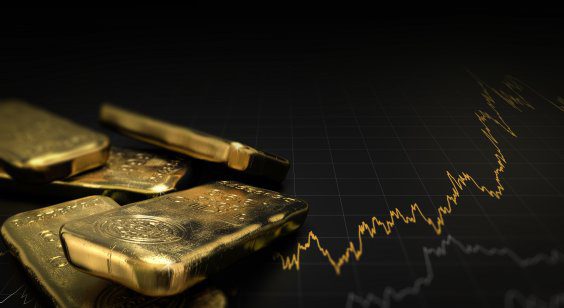Table of Contents
What are Internal Depositories?

Investing is a difficult process, there’s no denying that. There’s a lot involved in it, and sometimes it can get confusing. This is especially true when we’re delving into new markets and aren’t entirely familiar with the terminology and general vocabulary of the assets. Precious metals in particular are somewhat complicated once we delve into them.
Today, we’d like to cover a few of the terms that you’ll need to know if you’re aiming to invest in precious metals. Although it might seem rather difficult to get the hang of it at first, it will be well worth it once you actually get started. We’ll focus largely on internal depositories today, but we’ll do our best to give you a comprehensive view of how this type of investing works.
Precious Metals: What are they?
Of course, our first order of business here today is to sort out what precious metals are. Without that context, after all, it would be pretty difficult to decide on whether or not you want to try investing in them. As you can see here, https://joi.pm-research.com/content/19/2/95.short, much of this has to do with the “fancier” metals on the periodic table.
There is also the simple fact that they are beautiful. Their shiny luster is almost hard to resist, really. That they have been made into jewelry, coinage, and even other artifacts like chalices and the like throughout history demonstrates this. Of course, their rarity in nature is just another reason that they’ve become so valuable.
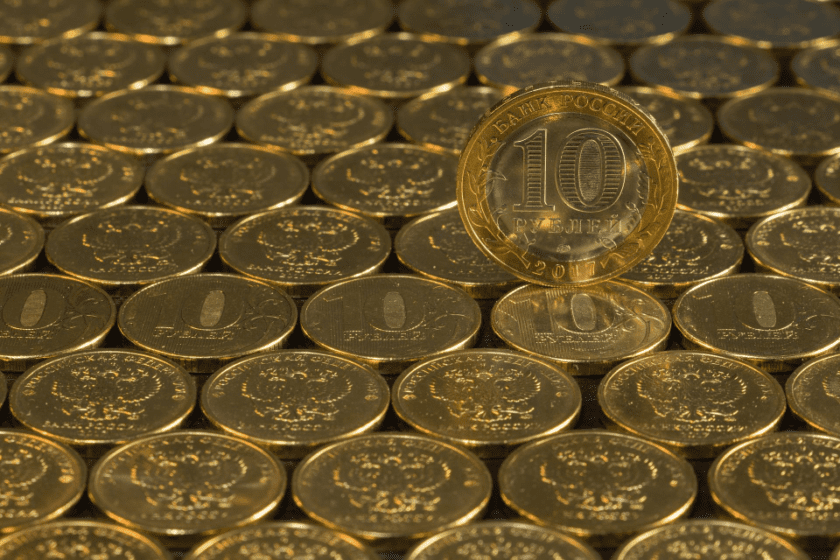
Largely, it is their practical uses that make them so popular today. For example, many of our electronics have gold or silver in their motherboards because of how well they conduct electricity. A lot of car manufacturers use metals in the platinum family to help create vehicles that produce less greenhouse gases – essentially, “cleaner” automobiles.
Why Invest in them, though?
Next to consider is why folks decide to invest in them in the first place. Sure, they’re valuable, but there are plenty of valuable objects in the world that people don’t make a regular habit of investing in. What sets precious metals apart?
Accessibility is perhaps the biggest thing to be aware of, in that sense. Think about it for a moment – it isn’t exactly difficult to find gold sellers both online and in brick-and-mortar storefronts. The only precious metals that aren’t readily accessible to most consumers are platinum and palladium, but “typical” investors aren’t really worried about them anyhow.
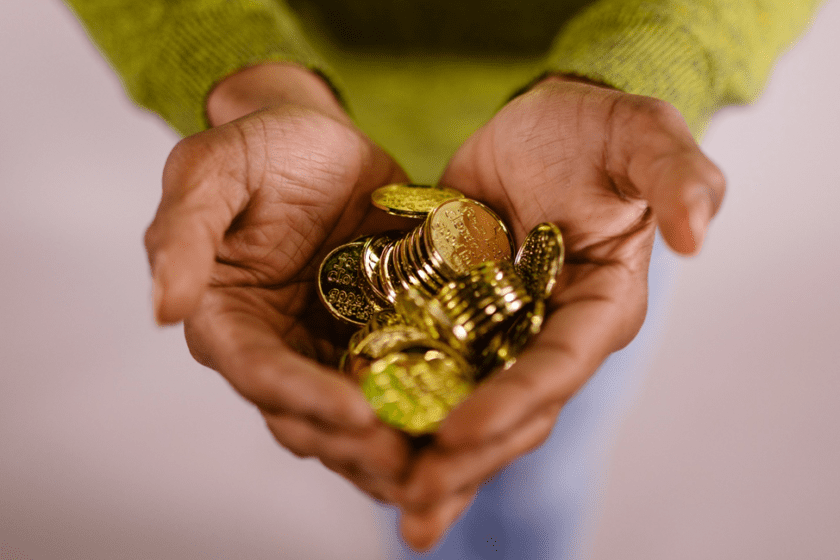
The other part of this that’s good to remember is that many investors consider gold to be a “hedge” against inflation. What does this mean? Basically, it’s just a phrase that refers to the fact that gold doesn’t really lose value over time in the same way that something like the United States dollar does. Generally speaking, it retains its value more than paper currency.
You can get an explanation of what inflation is on this page, if you aren’t entirely familiar with the concept. For the most part, though, the main thing to know there is that inflation reduces how valuable our money becomes over time. Critically, though, it has the largest impact on paper money. This has consequences for anyone who stores all of their wealth in that type of currency, unfortunately.
How Does Gold Investing Work?
There are several ways that we can invest in precious metals, as you have probably already gathered. One way is to invest in companies that are in the industry, such as mining operations or jewelers. However, this isn’t the most popular method of investing since it still relies upon the stock market and the value of paper currency rather than precious metals themselves.
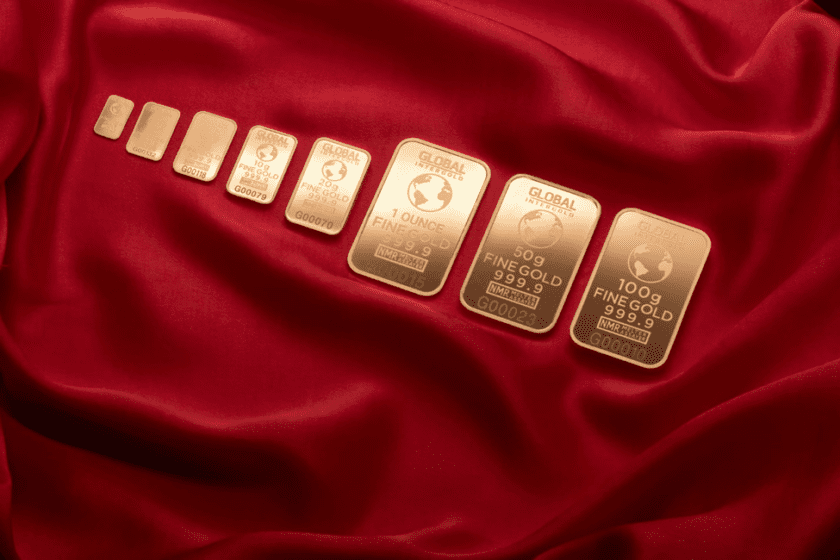
Another way that is the “standard” of this style of investing, so to speak, is to buy bullion directly. For those unfamiliar, bullion is simply another word for the smelted bars of metals that we typically associate with gold in particular. Platinum and palladium usually aren’t made into bullion, but silver sometimes is made into it as a more affordable alternative to gold ones.
Storing Your Gold
Now, seeing as purchasing bullion is a huge part of investing in precious metals, you’re probably wondering how storing all of that even works. The main answer to this question comes in the form of an IDS, otherwise known as an internal depository. This is how most folks end up storing their bullion or other forms of precious metals, since there are a few other options.
One example of that is if you have a coin collection. Certain coins across the world have high enough gold content that they are eligible to be deposited into a gold IRA, or individual retirement arrangement. A lot of these IRAs utilize an IDS to keep their stores safe from external interference.
This does beg the question, though – how does an internal depository work? How can we find a trustworthy one? While some of that can be answered by checking out the resources that we’ve provided today, we’d like to delve into it as well.
As we’ve already noted, the primary purpose of internal depositories is to be a storage place for precious metals investments as well as rare coins and collectibles. While a lot of folks use them to store their individual retirement arrangements in, it’s important to know that they’re distinct from each other. While a depository will store pretty much any coins that you would like, IRAs won’t accept all of them as valid investments.
Picking a Depository
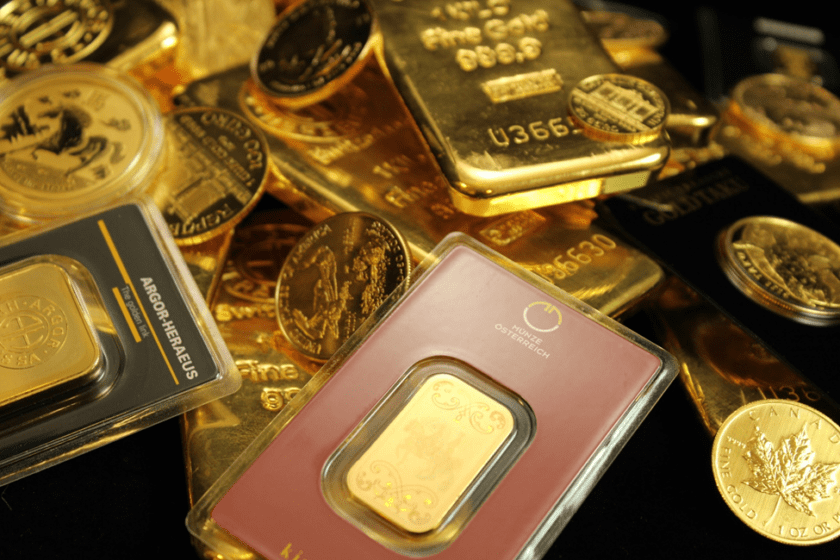
Finally, let’s take a moment to discuss how we should go about picking a depository. Part of this will depend on your location – most people do prefer to store their bullion and coin nearby, but this doesn’t necessarily apply to everyone. You’ll have to consider that question before you start your hunt.
Once you’ve got an answer, there, you can start to think about your search! Based on what you’ve decided in terms of how close or how far away you want your valuables stored, you can use that as a sort of baseline for the way you research a depository. A simple place to start would be to search “gold depository near me,” or something akin to it.
How do we go about picking one that would be “best,” though? Well, certain features would likely include security. It wouldn’t hurt to see what each of the places you are considering has to offer in terms of their security. Usually this will be detailed on their website, but if not, you could check out what other customers have to say about it.
In general, looking at reviews from other investors tends to be a solid idea when we’re picking an internal depository as well as a gold broker. Both can be somewhat tricky to pick, after all, so getting as many advantages as possible is hardly a bad thing.
With that said, though, the decision will ultimately be in your hands. A lot of financial experts write detailed reviews of the various IDS companies and locations, so it may be worth your time to read some of them. Again, the resources that we’ve offered will hopefully be a good start for you there.
Whether you’re looking to invest in gold, platinum, palladium, or silver, it can be nerve wracking to try to store those valuables at home. Even if we can defend ourselves, there’s no telling what could happen when we leave the area Perhaps that’s why so many opt for depositories.

